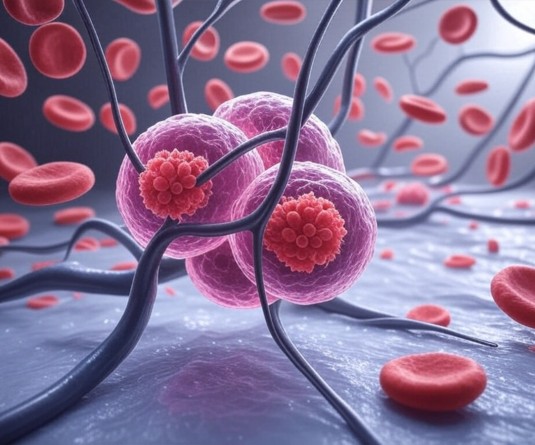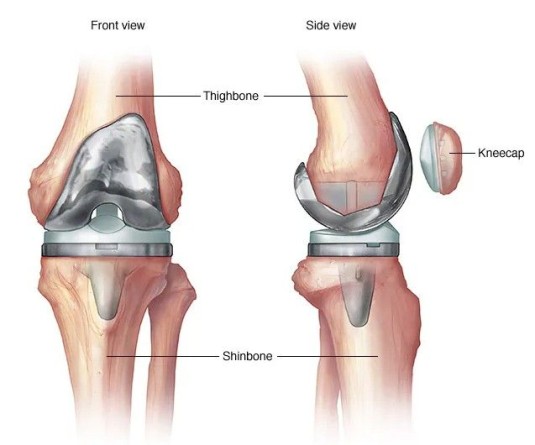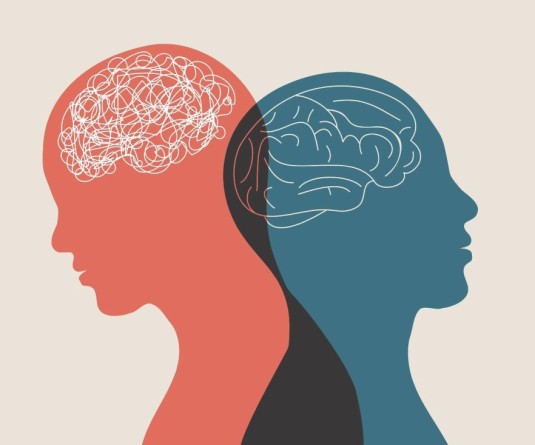IANS Photo

New Delhi, August 1 (IANS) Women with a BRCA1 gene mutation, which increases breast and ovarian cancer risk, can be at a high risk of impaired fertility, according to research in preclinical models and human tissue samples.
The BRCA1 and BRCA2 genes are known to protect against breast and ovarian cancer but a mutation of either gene increases the risk of developing cancer.
The study led by researchers from Monash University in Australia showed that mice with no BRCA1 gene had reduced litter size and quality of eggs, particularly with advancing age.
Egg maturation rates were also decreased by 45 per cent in reproductively aged mice lacking BRCA1.
In women, measuring anti-Mullerian hormone (AMH) levels in blood is considered the gold-standard indirect marker of the number of eggs they may have.
However, AMH levels and estimated egg numbers from ovarian tissues of a small number of women with a BRCA mutation showed no correlation between these measures, revealed the study published in EBioMedicine.
The findings stressed the need for more studies to better understand if AMH is a good predictor of egg number in women with a BRCA mutation, as this has "implications for women who carry BRCA mutations".
Amy Winship, from the varsity's Hutt Laboratory, said the results will help women with the mutations "to make considered family planning and possibly fertility preservation decisions, like egg freezing".
It is because carrying the BRCA1 makes the women already at higher risk of developing breast and ovarian cancer. Further cancer treatments can worsen their fertility levels, Winship noted.






